
Helping news entrepreneurs and their communities flourish everywhere
By Elaine Díaz Rodríguez
Three months into my role at Tiny News Collective, I’ve been listening closely to the stories of our founders — where they come from, what they’re up against and what keeps them moving.
These founders aren’t all coming from capital-J journalism backgrounds. We’re welcoming community organizers, tech experts, artists, educators and people from a wide range of professional paths who share a common goal: practicing journalism in service of their communities. They’re multi-hyphenates by necessity — part editor, part fundraiser, part tech support, part reporter. Every day is a balancing act between keeping the journalism alive and keeping the business afloat.
In Miami, for example, Billy Jean Louis (see photo above), the founder of the recently launched Miami Affordable Magazine, is trying to flip the script on housing reporting by centering renters, seniors, immigrants and workers in a city where traditional media covers luxury developments and market trends. He’s also dreaming big about publishing in English, Spanish and Haitian Creole and also managing the nonprofit’s finances, building relationships with local renters and working with a newly created board.
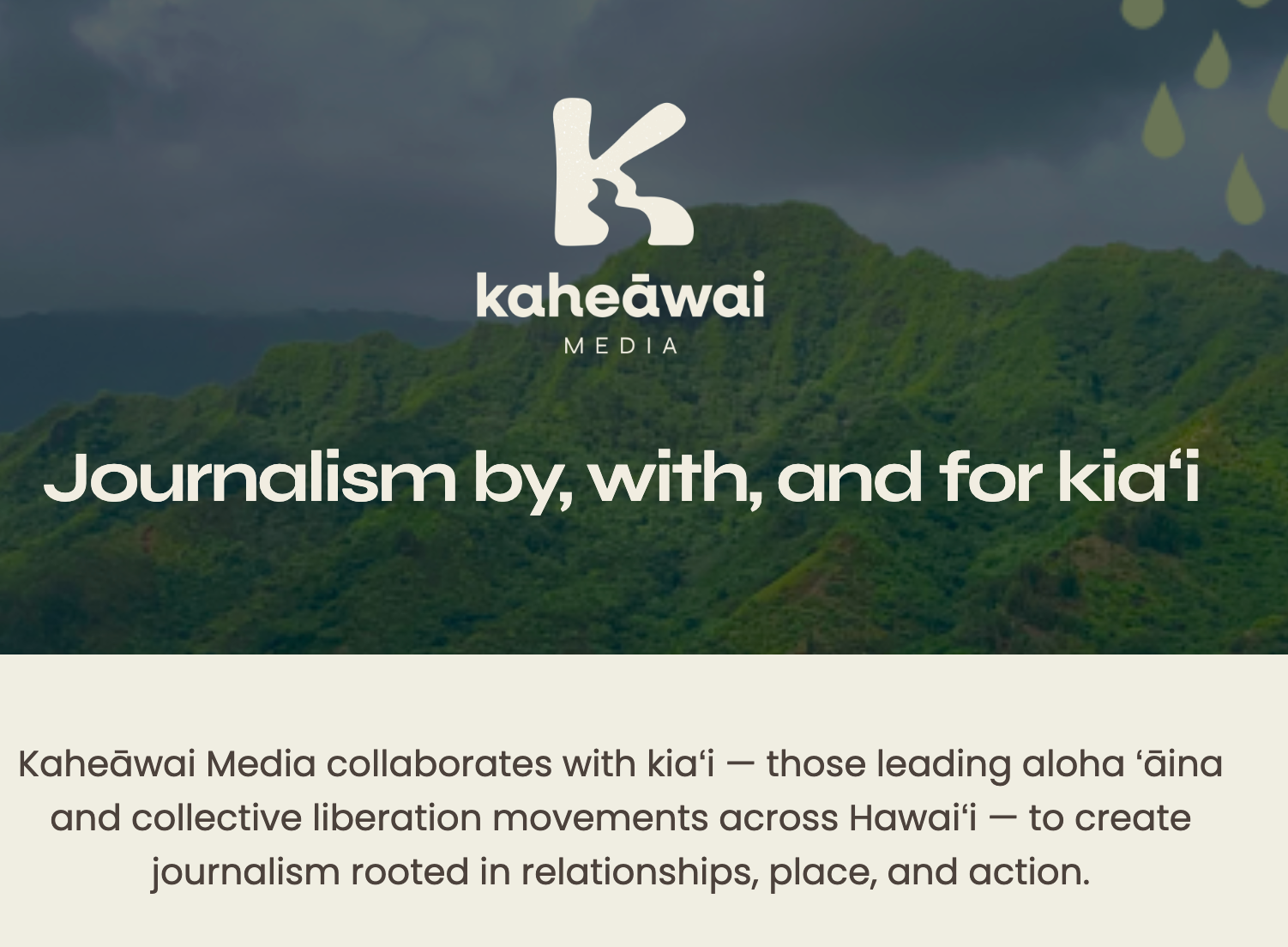
For all of our founders, community is not an afterthought. It’s the core of their work and often the reason they started in the first place. Many share the same identities as the audiences they serve: immigrant, Indigenous, queer and trans, rural. In Hawaiʻi, Kaheāwai Media was founded by seven kiaʻi (land protectors) and kahu (caretakers) who are themselves rooted in the very places and communities whose stories, knowledge and solutions they're uplifting.
The innovation I’m seeing is less about shiny new tools and more about culture. The School of US, a new publication in Virginia led by Kristen Clark, grew out of a youth-led podcast and is now launching as an intergenerational local media cooperative. It aims to be a modern-day “folk school” that uses storytelling, multimedia and journalism to help Northern Virginia neighbors learn across differences, explore their community, share information and build power together. Queer & Trans Wealth is redefining financial journalism by moving beyond storytelling to building financial literacy actively as a form of community care. These models may look unfamiliar, but they’re powerful precisely because they’re rooted in lived experience.
What makes this group extraordinary is that their superpowers are a mix of entrepreneurial grit and cultural fluency. They’ve survived newsroom closures, layoffs or outright dismissal of their ideas and turned those experiences into resilience and motivation. They are polyglots, bridge-builders, trusted neighbors. They’re also hyper-aware of how past leadership failed them and their communities, and they are determined to build not only different products but also healthier, more collaborative work cultures. Together, these qualities are the ingredients of a new kind of newsroom leadership.
But the loneliness is real. Many of these leaders describe running a newsroom as isolating. They crave spaces to test ideas, vent, learn from each other and simply not feel so alone. And alongside the loneliness comes a lack of opportunity. Too often, these founders are overlooked by funders because their models look “too wild” or “too different.” How do you dare to have five co-leaders, when the textbook newsroom org chart has been hierarchical for decades? That’s why our work to create structures focused on both learning and solidarity — like Hives — matters so much.
I’m also struck by how they’re experimenting with revenue. Yes, most begin with their savings or grants from community funders, regional foundations or tribal sponsors, but they don’t stop there. They’re testing sliding-scale memberships, voluntary contributions and pay-what-you-can models. They’re exploring events and workshops that double as both service journalism and income. Some are leaning on hyperlocal advertising and mission-aligned sponsorships; others are turning their own expertise into training or consulting for peer organizations. What stands out is the willingness to try and keep building fundraising habits that may be slow but lead to steady, lasting results.
When I ask about their goals and dreams, the answers range from the practical to the audacious. Many want to stabilize operations, avoid burnout or build sustainable strategies. Petaluma Voice, for example, is looking to us for help with everything from payroll systems to fundraising strategies so they can keep their community paper alive without exhausting volunteers. Others dream of recruiting contributors and paying them fairly, like the founder of Synonym Magazine, who hopes to grow a masthead that reflects the diverse food cultures they cover, or The Parlor Magazine, which is building a feminist storytelling collective that makes publishing more accessible for emerging contributors.
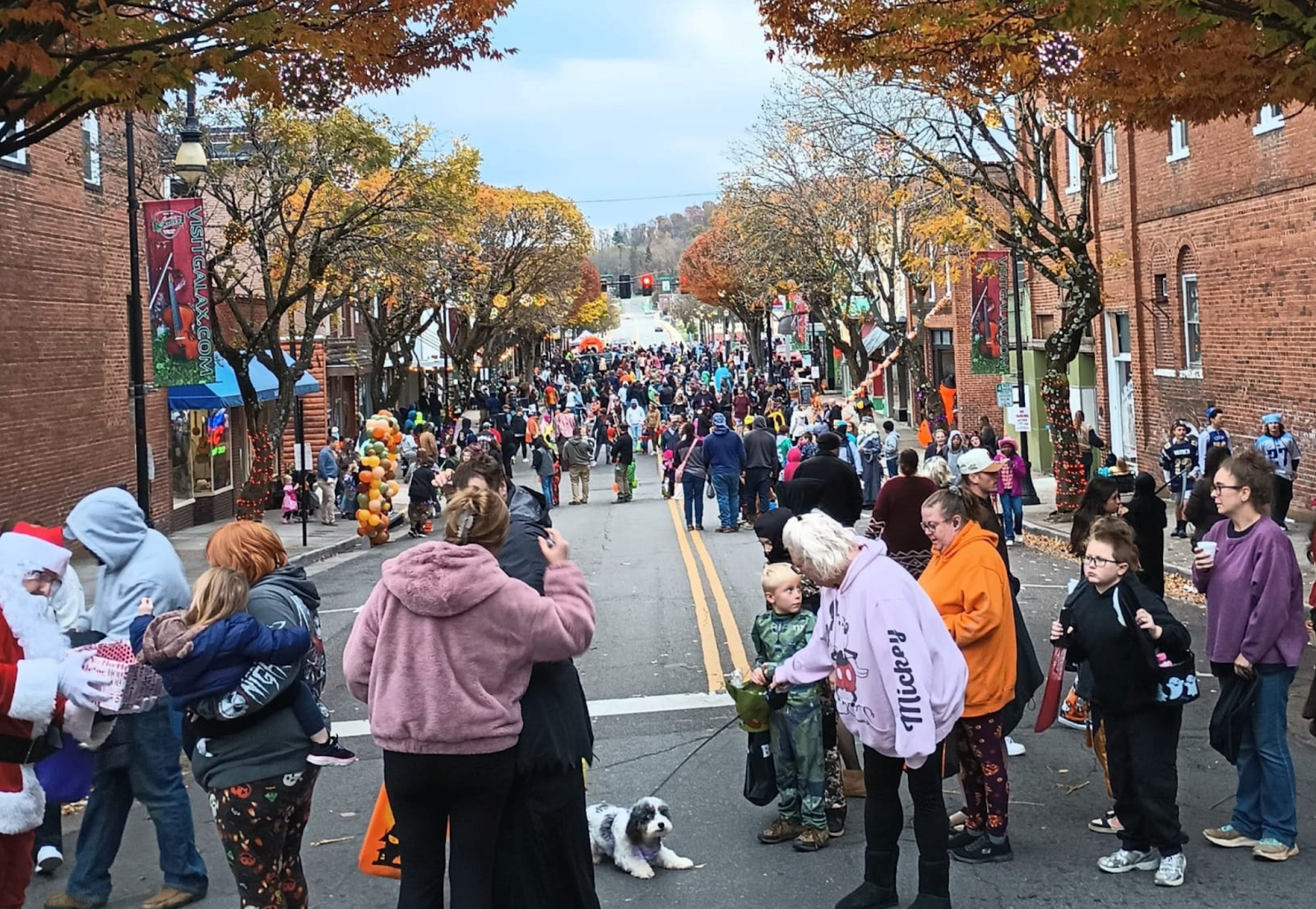
A few are dreaming of building entirely new kinds of civic spaces. The Platia, inspired by the Greek village meeting place, creates open discussions and trainings around harm reduction. The Neighborly in rural Virginia is carving out a “precise-local” model — from the Moose Lodge bingo pot to quinceañera celebrations — proving that hyperlocal storytelling can strengthen the social fabric of a small town as much as hard news.
Across all these variations runs a common desire to grow without losing their values. To sustain operations and expand reach while also nurturing community and showing that journalism can be built on care. And that’s my first big takeaway from these 90 days: the future of local news looks like dozens of founders inventing new ways forward, against the odds, with creativity, resilience and deep love for their communities. 💗

The Tiny News Collective is hiring its first-ever development director to build support for our mission- and member-driven work at a critical time for independent media.
We’re looking for a savvy fundraising professional who can help sustain and expand our high-quality and high-impact support, services and programming for early-stage news founders who are changing the face of the news and information landscape. Our members come to us to help them figure out how to use their limited time and resources, whether it’s business basics, their first hire, product strategy, revenue generation or balancing the responsibilities of being a founder in a small organization. Along the way, they create a community rooted in mutual aid, accountability and respect.
The ideal candidate is eager to support the vision and mission of Tiny News Collective and is excited to bring new supporters to this work, as well as stewarding existing funders and partners to grow with us.
Learn more and apply here!
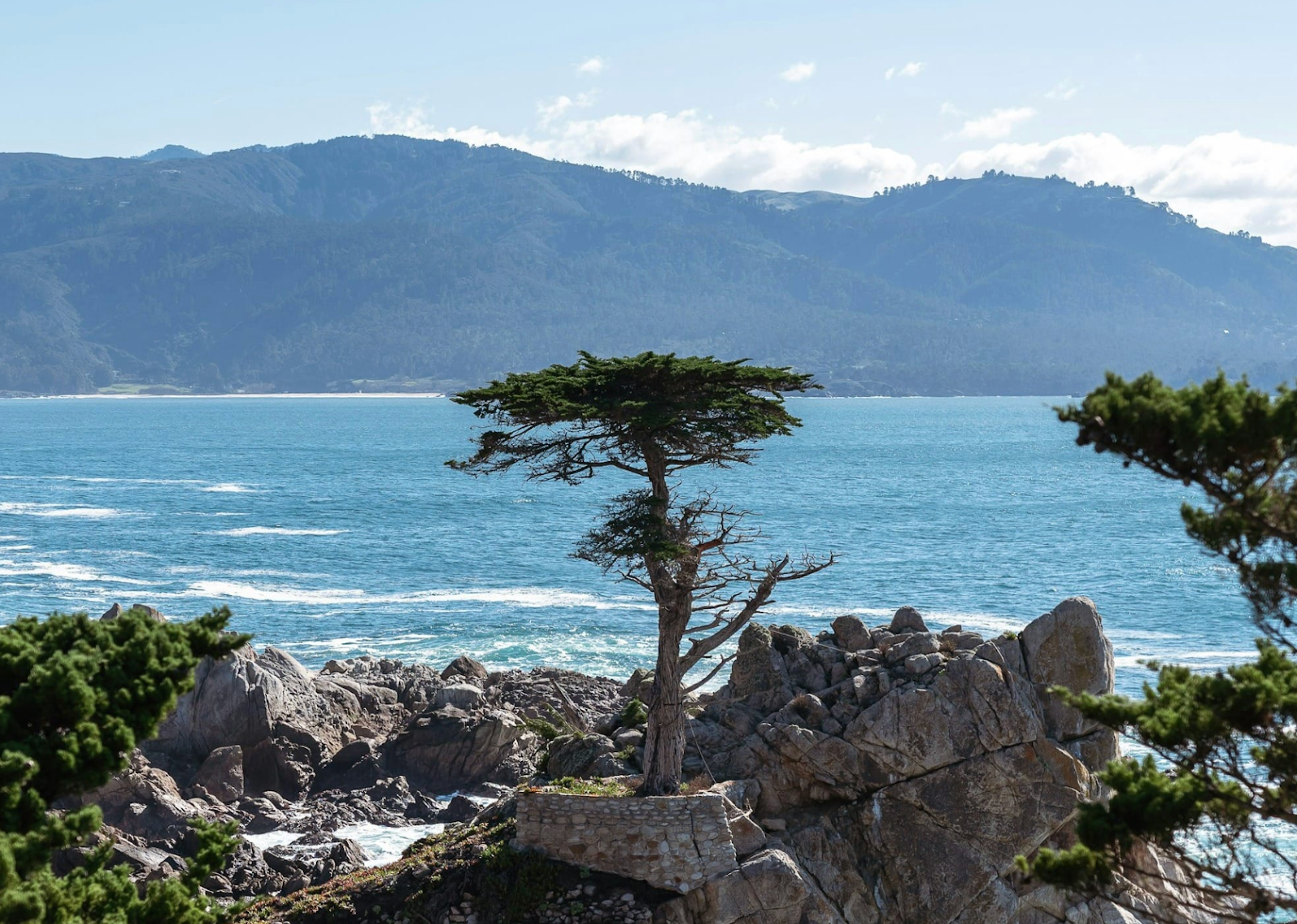
At Tiny News Collective, our members come to us for guidance on navigating legal, operational and safety concerns that affect both their journalism and their lives. Many founders are building newsrooms alone, managing tight resources and carrying personal vulnerabilities tied to immigration status, digital and physical safety, harassment and the overall sustainability of their organizations. These pressures are intensifying as threats to press freedom and journalist well-being continue to rise.
To meet this moment, we’re launching a new program focused on response and resilience for early-stage news founders. This program will offer real, concrete support for the everyday risks our members are managing, including digital security, legal questions, mental health and operational stability.
To help support this initiative, we are seeking a part-time response and resilience program manager. We are looking for someone with strong organizational and communication skills, a keen interest in journalist safety, well-being and security and the ability to listen deeply to the needs of early-stage news founders. This person will offer curated resources and warm handoffs to trusted partners, so members aren’t left searching for help in a moment of crisis.
Learn more about this program and the job description here.
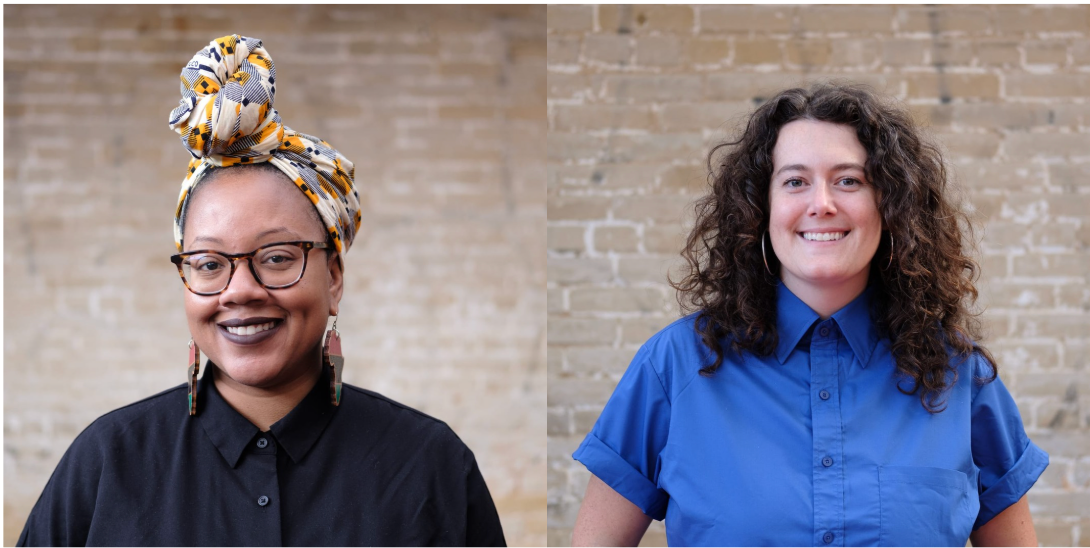
It’s a double-dose of “5 Questions” features this month! First, we caught up with Christina Sturdivant Sani (pictured, left), executive editor of The 51st, and Maddie Poore (pictured, right), director of development at The 51st. The 51st is innovative on many fronts, being a worker-led nonprofit with seed money from a successful crowdfunding campaign that raised more than $275,000.
The news outlet, which covers the District of Columbia (often considered the unofficial 51st state), was founded by six former staffers from DCist after it was shut down by the local public radio station WAMU in February 2024. Christina and Maddie discussed their newsroom’s worker-led structure, the popularity of a story about a restaurant’s “luscious” plant display, and plans to expand its “Community Connector” program to reach different groups of people across the District.
Read the whole story here.
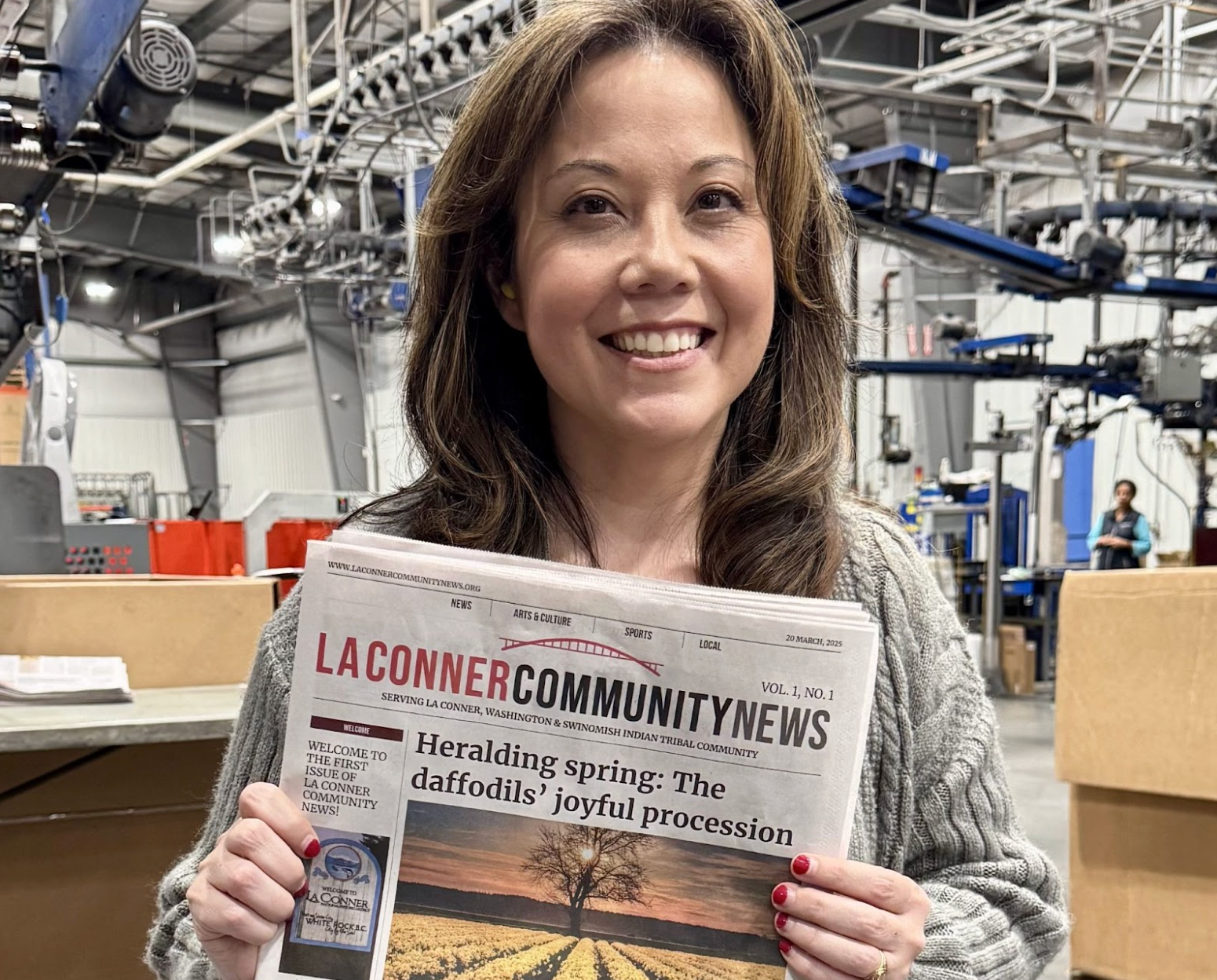
And next, we conversed with Kari Mar, editor and publisher of La Conner Community News. The weekly newspaper, which launched online in February and in print in March, helped replace a shuttered newspaper in the Northwestern Washington state town. The paper was seeded by a commitment from residents to donate $70,000 to help get it off the ground. With Kari’s help, the newspaper has quickly become a favorite in the community, with a group of about 25 dedicated volunteers who help distribute it each week. “It's become this really connective community experience, just through distribution of the paper,” said Kari, who also serves on the board of the Journalism & Women Symposium (JAWS).
Kari comes to the publication with a deep background in journalism and content. “I was a journalist at the Seattle Times, and I covered small towns just like this one in Washington state before that,” she said. “Then I did a tour of duty in technology for 20 years, and I was ready to leave my post writing marketing content about generative AI and data, so that I could do something that was authentic and real. And there is nothing more real than telling stories in a small town.” The paper recently received a $25,000 grant from the Southern Newspaper Publishers Association (SNPA) Foundation. 💰
Read the whole story here.
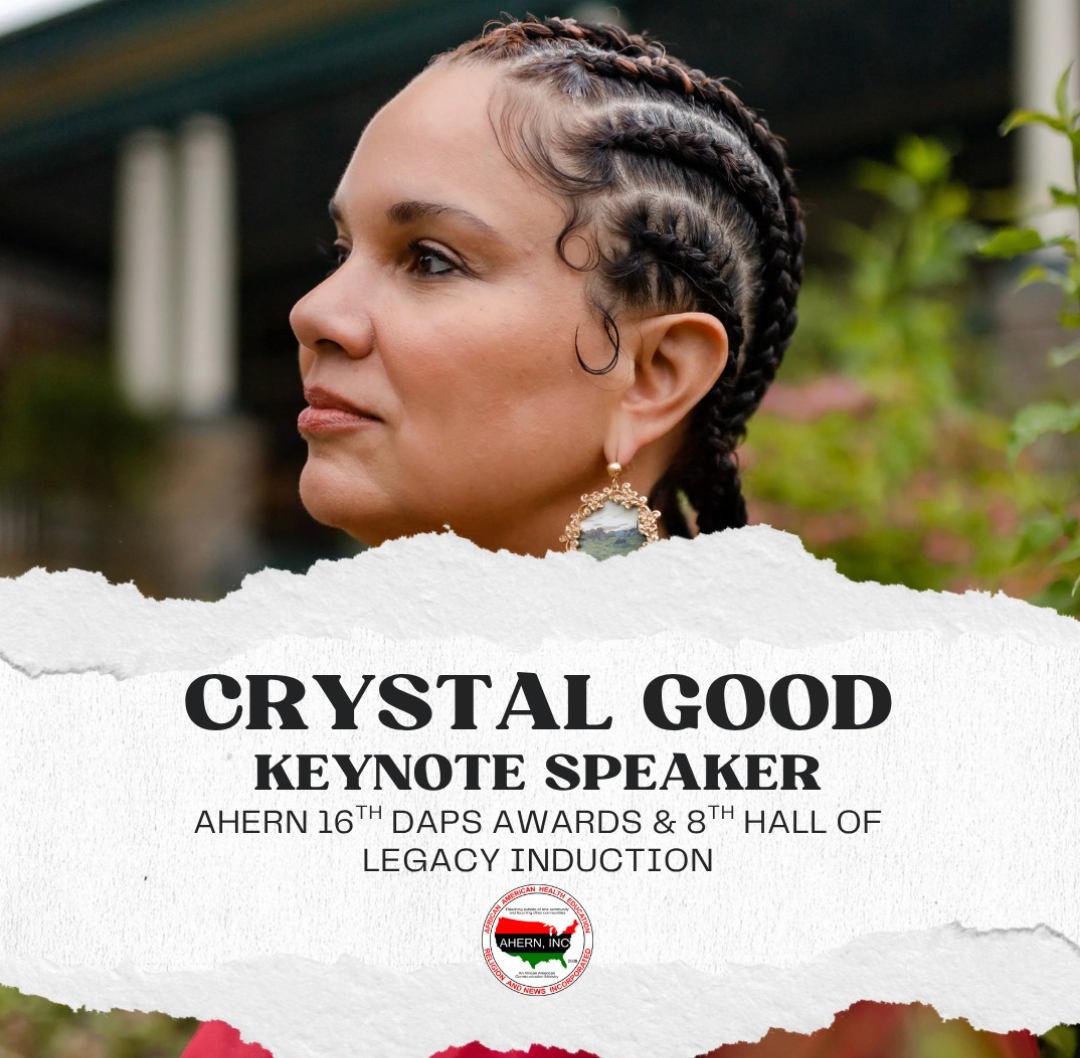
We love seeing our TNC founders out in the real world, giving talks and sharing knowledge. Here are some highlights:
🎤Crystal Good of Black by God | The West Virginian was a keynote speaker at the Ahern 16th DAPS Awards & 8th Hall of Legacy Induction on November 14.
🚶Cara Kuhlman of Future Tides wrote a second piece about her walking tours for RJI, this time focusing on how she increased impact and engagement. She more than doubled attendance for her tours this year, and raised $330 from four tours through “tip jars.”
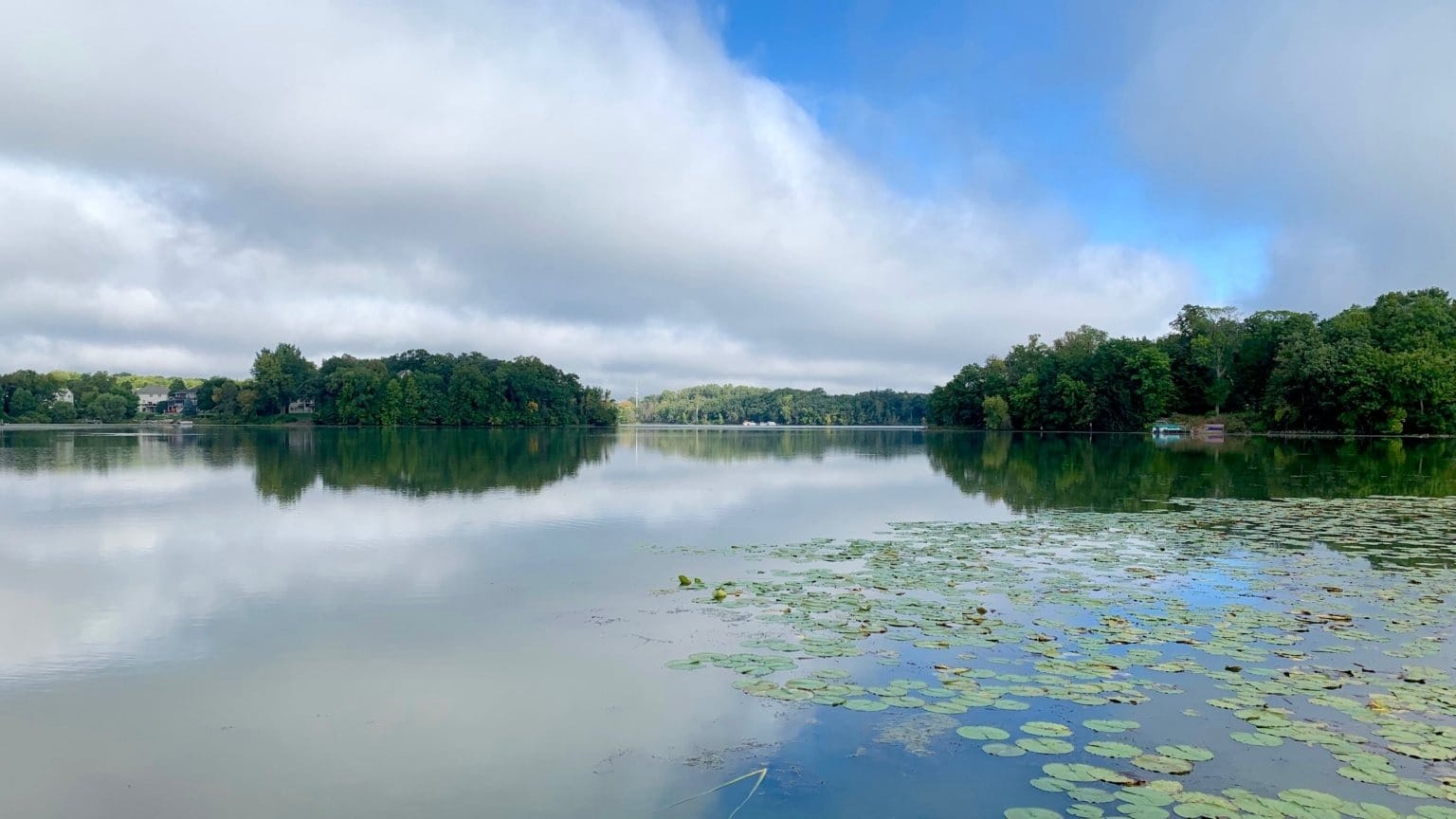
TNC members report on stories that make a difference in their communities. Here are some noteworthy stories:
🚰Eden Prairie Local News ran a three-part in-depth series on impaired waters in the community and what people can do to help. Part 1 explains the issue with impaired waters; Part 2 discusses cures for contaminated creeks, lakes and rivers; Part 3 includes resources and how the community can help.
🛒 Stumptown Savings showed out for the holiday season crisis for SNAP beneficiaries, with a story on how local grocers were helping out; a grocery price tracker for October; and even an offer for free Savings Club membership to Stumptown for those who can’t afford it.
🇻🇪Esta es la Cosa’s latest Spanish-language video covers President Donald Trump’s denial about U.S. plans to strike inside Venezuela, though the U.S. has moved an aircraft carrier and several destroyers to the Caribbean near the country.

🚀Ready for liftoff! Two new launches to celebrate this month:
🎊Ethiopique hired a new marketing and community outreach lead, Tsigereda Demissie (pictured above). Her motto is: “May we not have a life that hasn't benefited others; go forth and do good.”
💸Tucson Spotlight launched a “Fund the Future of Journalism” campaign, a community-driven effort to raise up to $20,000 for paid internships and training opportunities to help prepare the next generation of Southern Arizona reporters. Give today!
⛑️COYOTE Media launched a “First Aid Kit” for the community, pursuing what they call “intersectional, evidence-based and sometimes light-hearted solutions to the many challenges of living in the Bay Area and beyond.”
🪅The Latino Newsletter had more than 3,000 views for its Instagram page on the first week that it had a dedicated podcast and video team in place. The publication also passed 100 subscribers for its YouTube channel.
RJI Professional Innovation Fellowship Q&A
RJI will host a Q&A about their annual fellowship opportunity on December 3 at noon ET. The application will open on December 1 for the 2026-27 fellowships. They offer both residential and non-residential options, and the focus is creating a resource, tool or project that will help advance the journalism field and will be open-source. Learn more about the fellowship here.
A Roadmap for Local News Sustainability from LION Publishers
This report is an overview of insights gathered from intensive programming, including 357 Sustainability Audits, nearly 4,000 hours of expert coaching, 450 funding requests, 98 follow up reports and feedback from program participants.
AI Community Engagement Lab Showcase from J+ at CUNY
Discover how community journalists are using AI to better serve their audiences and strengthen trust in local news. In this showcase, participants will share five-minute lightning presentations on how they’re experimenting with AI to deepen community engagement and enhance their newsroom practices. Takes place at 11 am ET on November 21 on Zoom.
Future of Nonfiction Video conference by Video Consortium
At the inaugural Future of Nonfiction Video in February 2025, 400+ nonfiction storytellers shared ideas over two days. The next one will take place February 6–8, 2026, in New York City.
Thanks for reading the latest edition of the Big Blast from Tiny News. Be sure to follow us on social media to keep up with the latest from TNC and our amazing group of founders!
Follow us on LinkedIn: https://www.linkedin.com/company/tiny-news-collective/Follow us on BlueSky: https://bsky.app/profile/tinynewscollective.bsky.social
The Big Blast Credits
Written by Amy L. Kovac-Ashley, with Mark Glaser
Edited by Amy L. Kovac-Ashley and Erica Perel
Sign up for our monthly newsletter for ongoing updates, announcements, and resources for newsroom entrepreneurs.